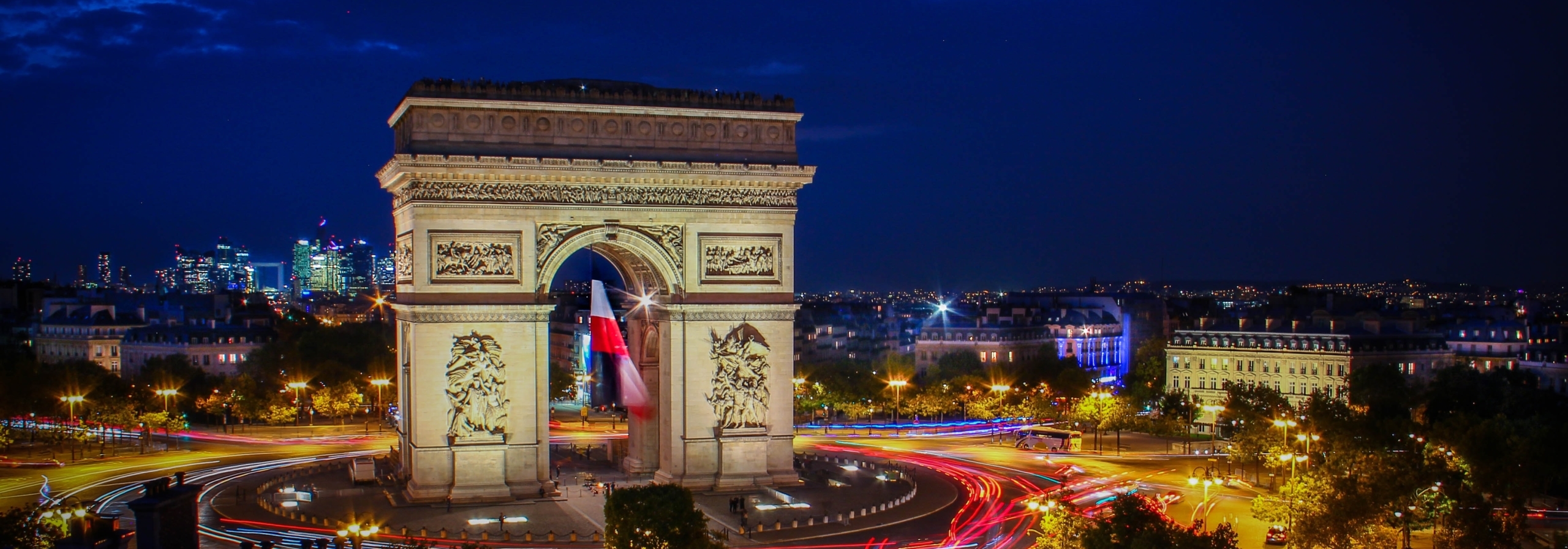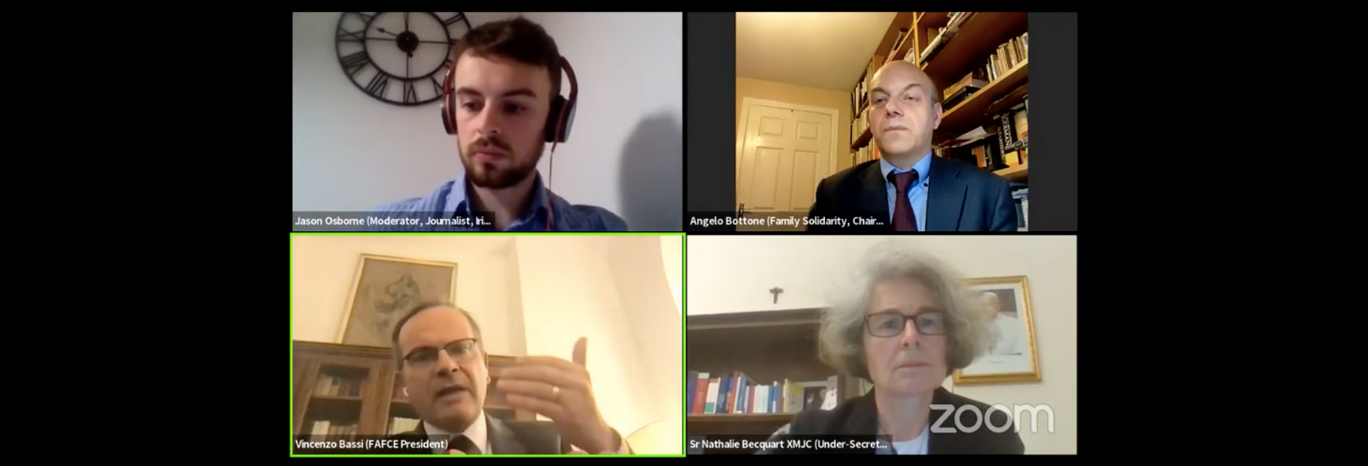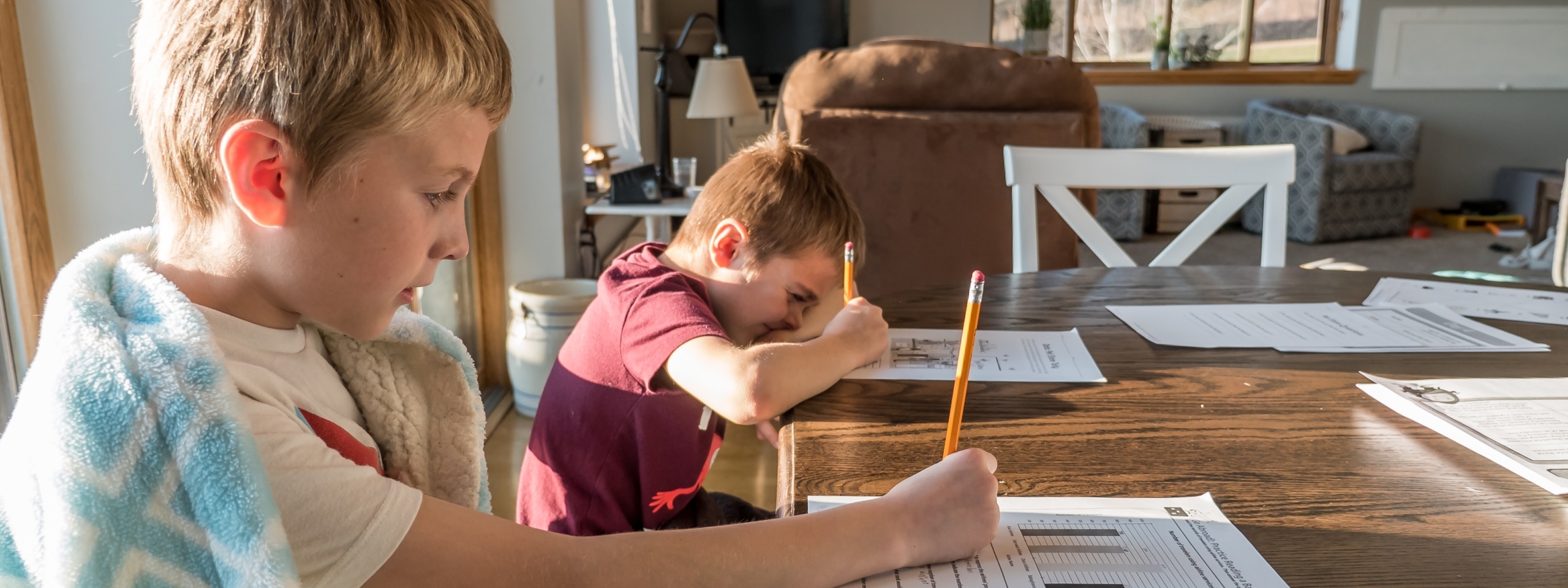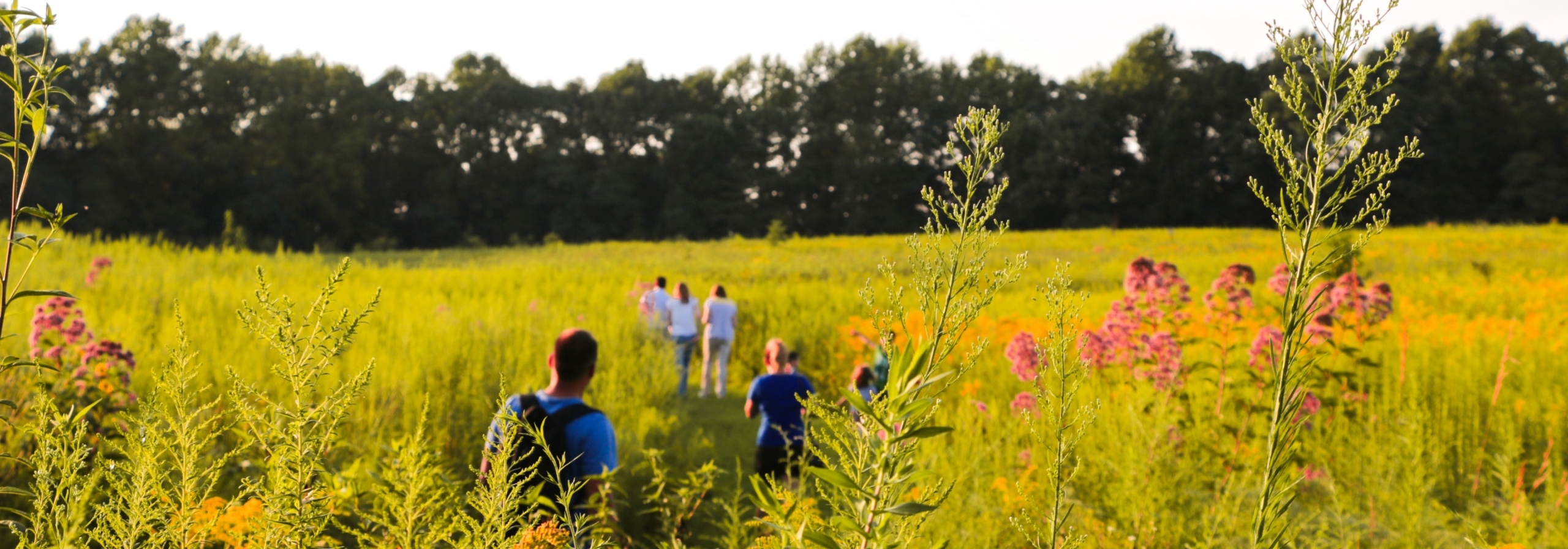Art & Family
The Family is very connected with Art. In this page we would like to encourage families with all their members to live with Art and to make of art by their lives living their faith.
As John Paul II Pope said in 1999 in its Letter to the Artists “Society needs artists, just as it needs scientists, technicians, workers, professional people, witnesses of the faith, teachers, fathers and mothers, who ensure the growth of the person and the development of the community by means of that supreme art form which is “the art of education”. Within the vast cultural panorama of each nation, artists have their unique place. Obedient to their inspiration in creating works both worthwhile and beautiful, they not only enrich the cultural heritage of each nation and of all humanity, but they also render an exceptional social service in favor of the common good.
The particular vocation of individual artists decides the arena in which they serve and points as well to the tasks they must assume, the hard work they must endure and the responsibility they must accept. Artists who are conscious of all this know too that they must labour without allowing themselves to be driven by the search for empty glory or the craving for cheap popularity, and still less by the calculation of some possible profit for themselves. There is therefore an ethic, even a “spirituality” of artistic service, which contributes in its way to the life and renewal of a people. It is precisely this to which Cyprian Norwid seems to allude in declaring that “beauty is to enthuse us for work, and work is to raise us up”.
The distinction between the moral and artistic aspects is fundamental, but no less important is the connection between them. Each conditions the other in a profound way. In producing a work, artists express themselves to the point where their work becomes a unique disclosure of their own being, of what they are and of how they are what they are. And there are endless examples of this in human history. In shaping a masterpiece, the artist not only summons his work into being, but also in some way reveals his own personality by means of it. For him art offers both a new dimension and an exceptional mode of expression for his spiritual growth. Through his works, the artist speaks to others and communicates with them. The history of art, therefore, is not only a story of works produced but also a story of men and women. Works of art speak of their authors; they enable us to know their inner life, and they reveal the original contribution which artists offer to the history of culture. A noted Polish poet, Cyprian Norwid, wrote that “beauty is to enthuse us for work, and work is to raise us up”. The theme of beauty is decisive for a discourse on art. It was already present when I stressed God’s delighted gaze upon creation. In perceiving that all he had created was good, God saw that it was beautiful as well. The link between good and beautiful stirs fruitful reflection. In a certain sense, beauty is the visible form of the good, just as the good is the metaphysical condition of beauty. This was well understood by the Greeks who, by fusing the two concepts, coined a term which embraces both: kalokagathía, or beauty-goodness. On this point Plato writes: “The power of the Good has taken refuge in the nature of the Beautiful”.
Tate Gallery is inviting us to Explore how artists have responded to the theme of Family
National Gallery Art is inviting you to Discover a variety of multi-generational programs
Kids and Families. The Met Museum has so much to offer kids and their families
Where is the family in the priorities of the 2022 EU French Presidency?
Brussels, 6 January 2022 The French Presidency of the Council of the European Union started on the first of January 2022, and will last until June 2022. It is the fourth time France takes the President of the Council,
FAFCE Christmas Newsletter | We wish you a Merry Christmas! ✨
22 December 2021, Dear Readers, Dear Friends of FAFCE, First of all, I would like to wish you all a Merry Christmas. At a time when many speak about inclusiveness, we want to share with every person the joy
The Council of Europe condemns the harmful impacts of pornography
22 December 2021, On the 16th of November 2021, the Parliamentary Assembly of the Council of the Europe adopted a Resolution on the "Gender aspects and human rights implications of pornography", stressing the harmful impacts of pornography on women.
FAFCE joint Webinar on Family and Solidarity: “Synodality is in the DNA of the family”
21 December 2021, On the 9th of December 2021, FAFCE organised, jointly with its Irish member, Family Solidarity, a Webinar on "Family and Synodality: a call for participation", following the opening of the Synod earlier this October. Angelo Bottone,
The European Parliament recognises the complementary role of parents in the education of children
9 December 2021, On November 11th, the European Parliament adopted a Resolution on “The European Education Area: a shared holistic approach”, providing several guidelines to tackle the educational challenges in Europe since the start of the pandemic. FAFCE welcomes
Official Launch of the Laudato Si’ Action Platform: a journey towards a true ecology of the family
7 December 2021, On November 14th, on the World Day of the Poor, Pope Francis officially launched the Laudato Si Action Platform. The Laudato Sì Action Platform (LSAP) is an online hub that collects, directs, and coordinates global and







